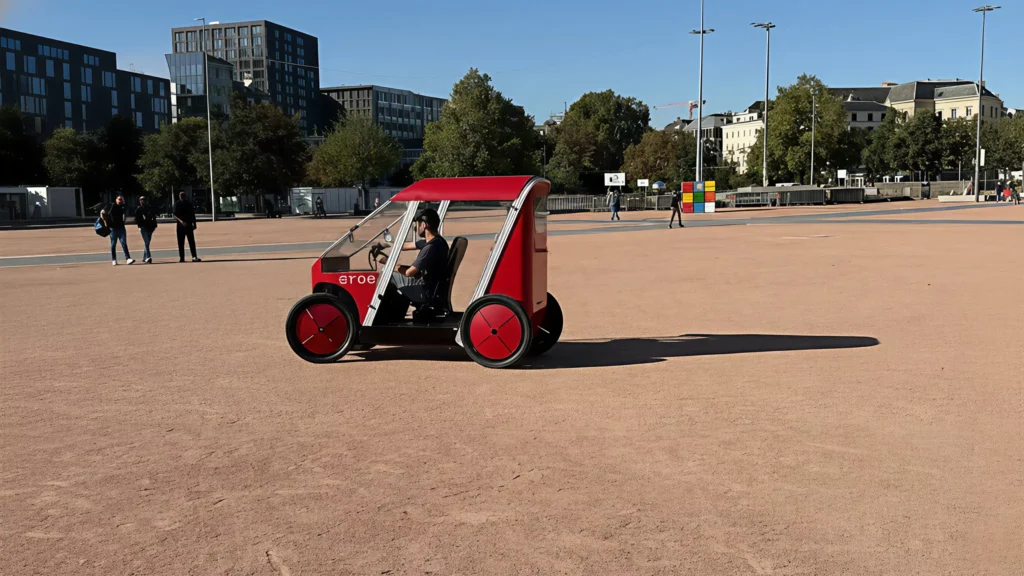
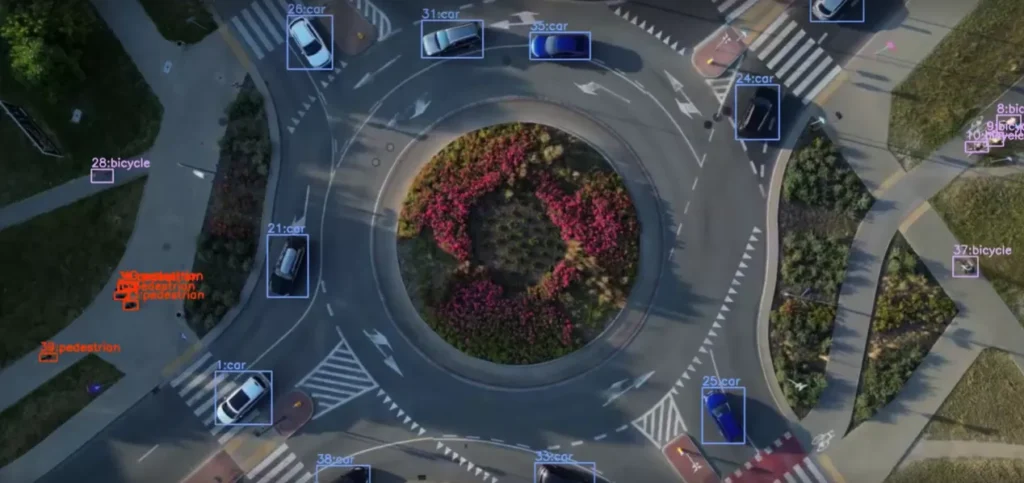
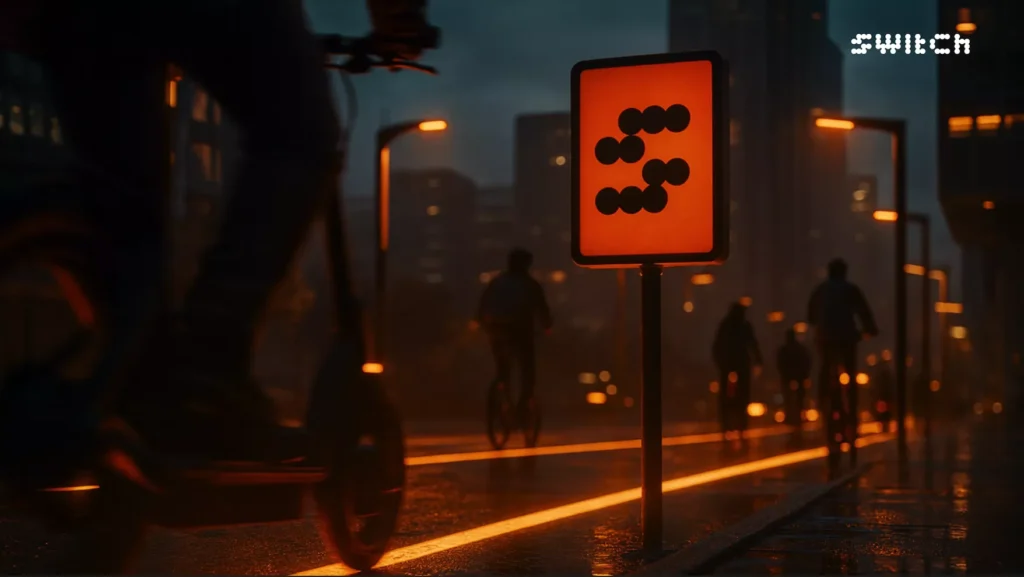



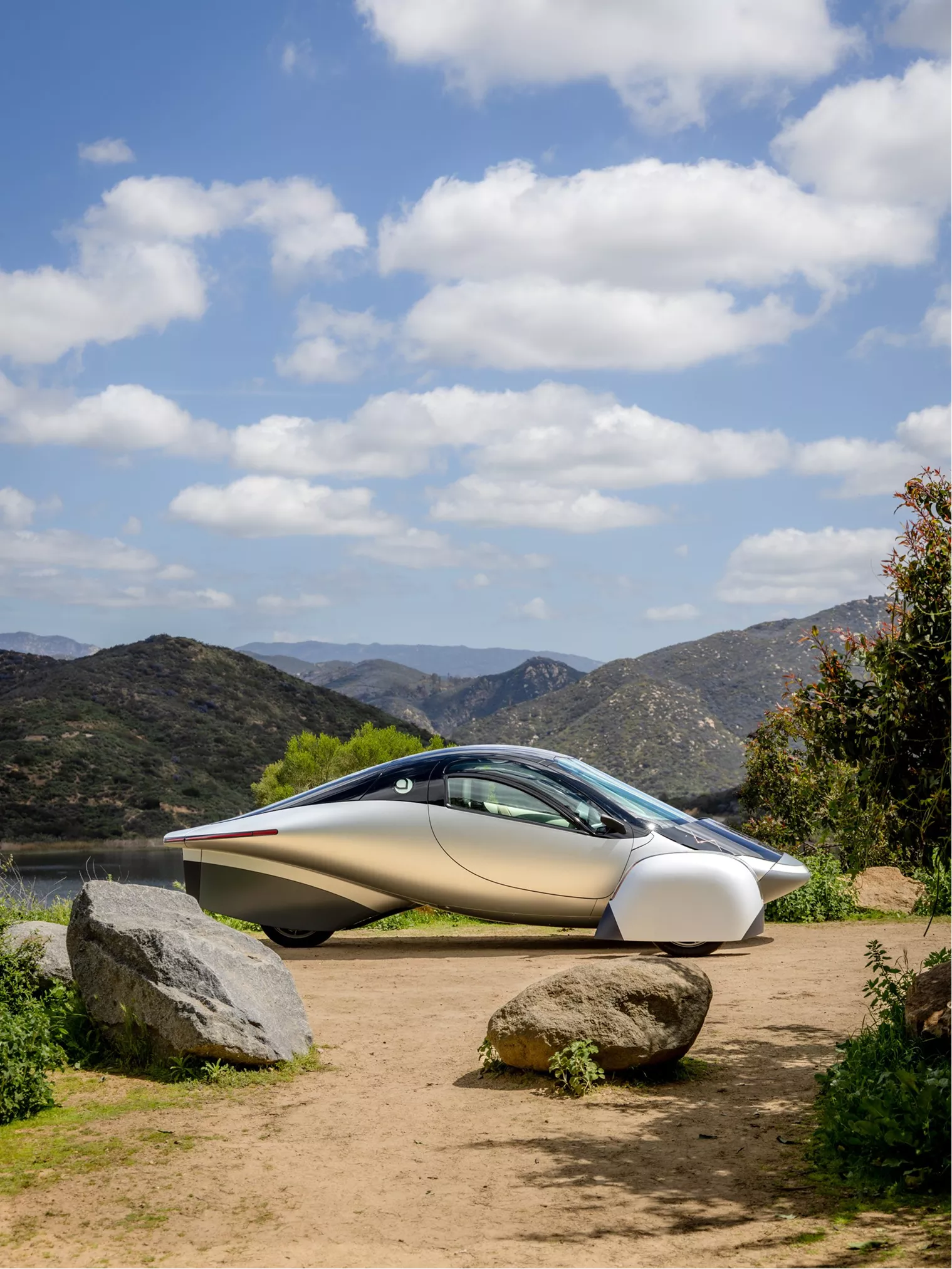
From EVs and batteries to autonomous vehicles and urban transport, we cover what actually matters. Delivered to your inbox weekly.
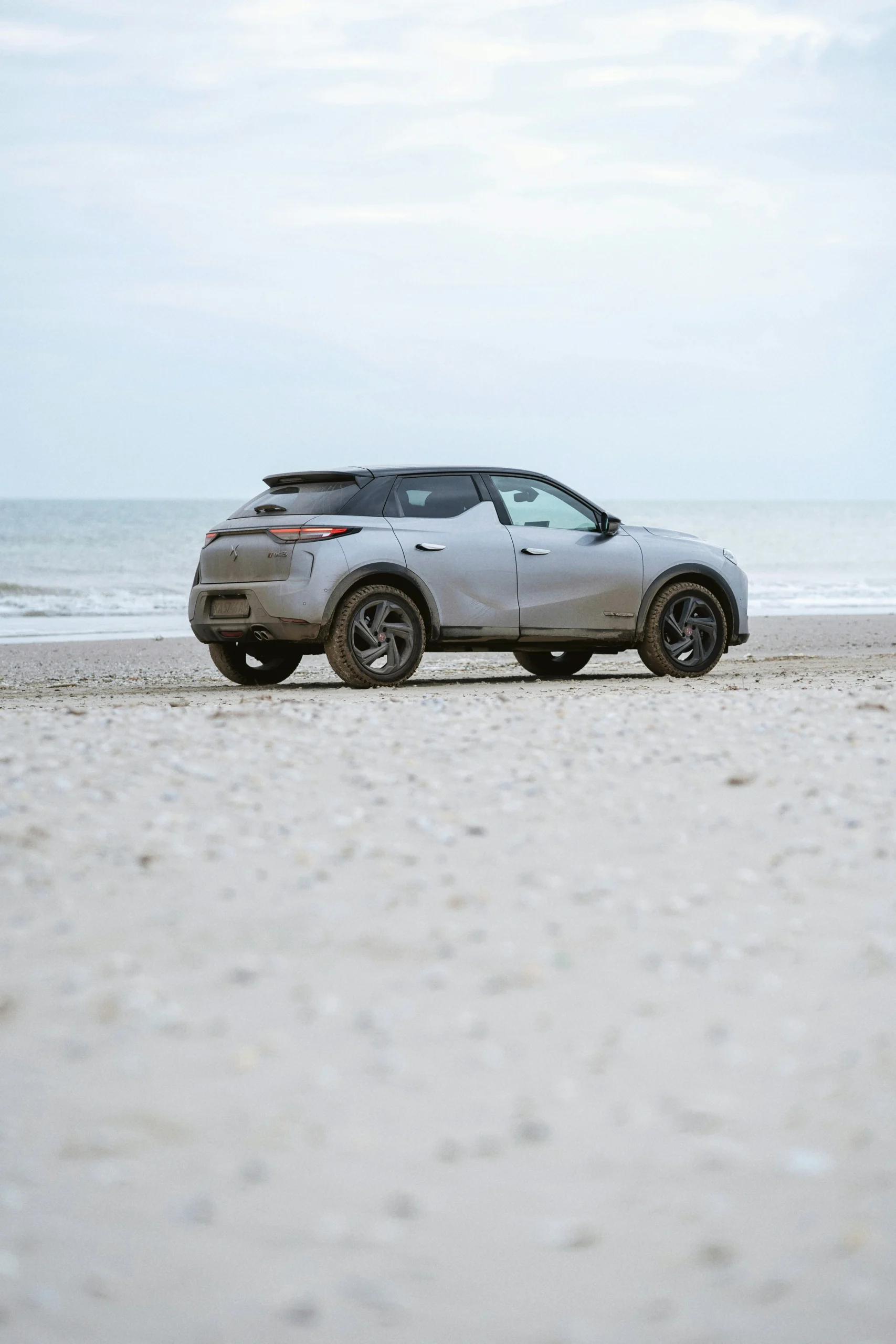
Stellantis has confirmed a breakthrough in solid-state battery technology that could shift electric vehicle performance standards by mid-decade. Backed by its investment in Massachusetts-based Factorial Energy, the automaker has validated full-size solid-state cells with 50% more energy density than today’s typical lithium-ion batteries. These FEST® cells will begin showing up in Dodge Charger Daytona EVs as early as 2026.
The charging performance also stands out. These cells recharge from 15% to 90% in just 18 minutes—close to today’s best fast-charging benchmarks, and without the thermal management demands of conventional lithium. The cells have proven capable of over 600 charge cycles, and they operate in a wide temperature range from -30°C to 45°C, adding durability for real-world conditions.
This isn’t just an early lab result. Stellantis has completed extensive testing at its proving grounds and labs, validating both performance and safety metrics for automotive use. The company plans to launch a demo fleet by 2026 and scale the technology into broader production after that.
Unlike some battery startups still working at coin-cell scale, Factorial’s automotive-sized units suggest a more mature path to commercialization. With Factorial now testing EV applications across Stellantis brands, the next two years will focus on scaling up cell production and battery integration.
If Stellantis hits its 2026 timeline, this would mark one of the first commercial solid-state EV deployments in the industry. It’s a key signal: solid-state batteries may be moving from roadmap to reality, and automakers investing in internal validation and partnerships are positioning to lead.
“`